News
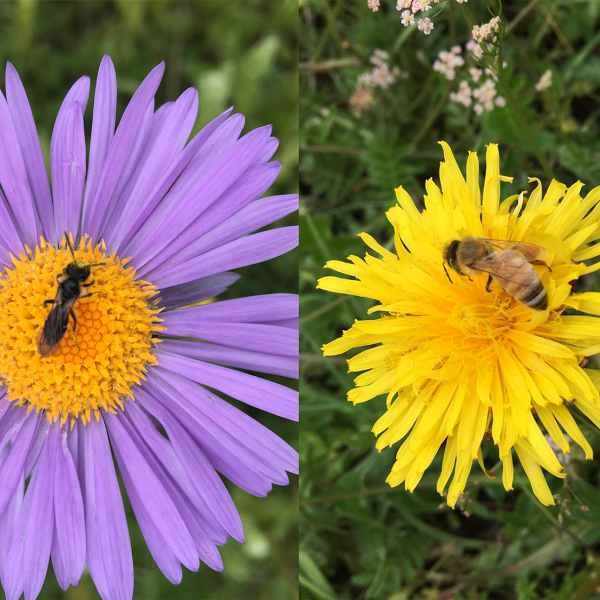
Feb 07, 2025
Native bee populations can bounce back after honey bees move out
Managed honey bees have the potential to affect native bee populations when they are introduced to a new area, but a study led by researchers at Penn State suggests that, under certain conditions, the native bees can bounce back if the apiaries are moved away.
Full Article

Jan 28, 2025
López-Uribe awarded presidential honor for early career scientists
Margarita López-Uribe, the Lorenzo L. Langstroth Early Career Professor of Entomology in the College of Agricultural Sciences, was awarded the Presidential Early Career Award for Scientists and Engineers by President Biden earlier this month.
Full Article

Jan 27, 2025
Three faculty receive Presidential Early Career Award for scientists, engineers
Three Penn State researchers have been awarded the Presidential Early Career Award for Scientists and Engineers (PECASE), the White House announced on Jan. 14.
Full Article
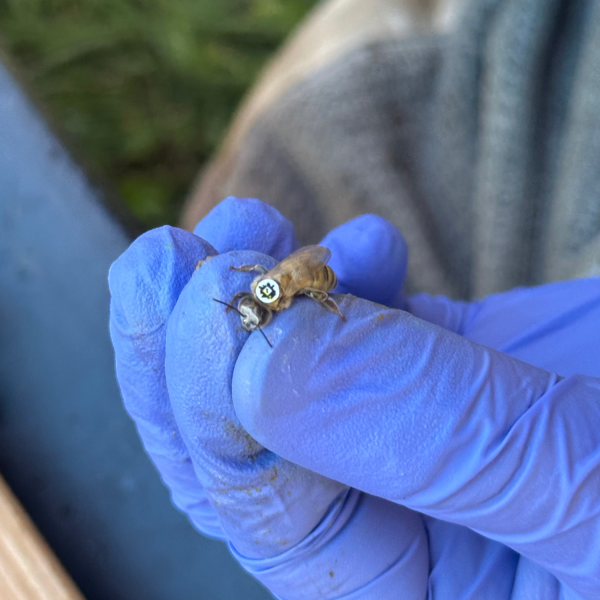
Jan 23, 2025
‘Buzz me in:’ Bees wearing itty bitty QR codes reveal hive secrets
Researchers attached QR codes to the backs of thousands of bees to track when and for how long they left their hives.
Full Article

Jan 21, 2025
Christina Grozinger to lead Huck Institutes of the Life Sciences as director
Christina Grozinger, Publius Vergilius Maro Professor of Entomology and director of the Center for Pollinator Research, has been named the new director of the Huck Institutes of the Life Sciences at Penn State.
Full Article
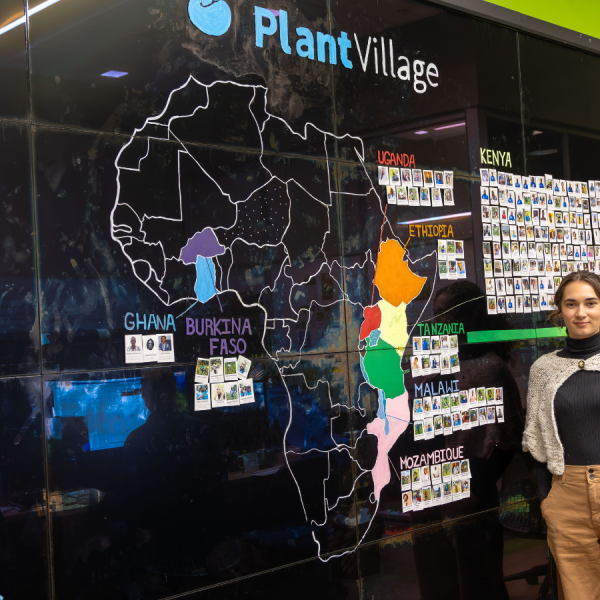
Jan 14, 2025
PlantVillage empowers farmers around the world to combat climate change
UN-supported Penn State research-based non-profit expands into for-profit sector with help from Invent Penn State NSF I-Corps programming
Full Article

Jan 13, 2025
Virtual speaker to discuss impact and potential of PlantVillage on Jan. 21
The next Virtual Speaker Series from the Penn State Alumni Association will highlight PlantVillage, an AI-enabled "land grant in a phone" that uses data sharing to help farmers adapt to climate change and manage emerging pests and diseases.
Full Article
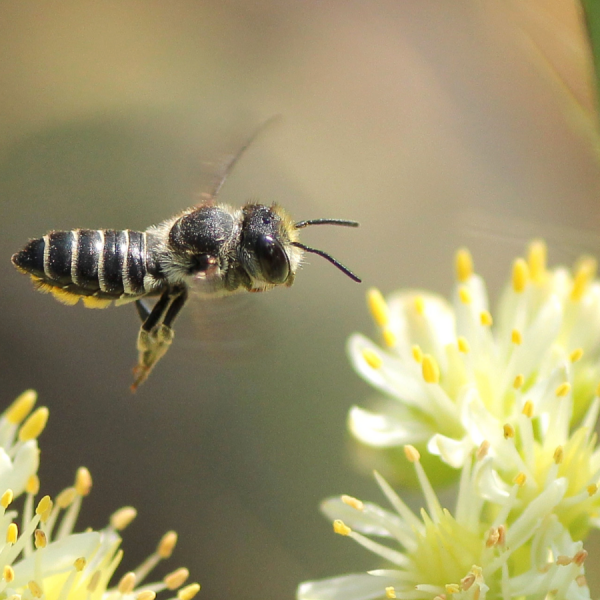
Jan 07, 2025
Quantity over quality? Different bees are attracted to different floral traits
When it comes to deciding where they’re going to get their next meal, different species of bees may be attracted to different flower traits, according to a study led by researchers at Penn State and published in PNAS Nexus.
Full Article
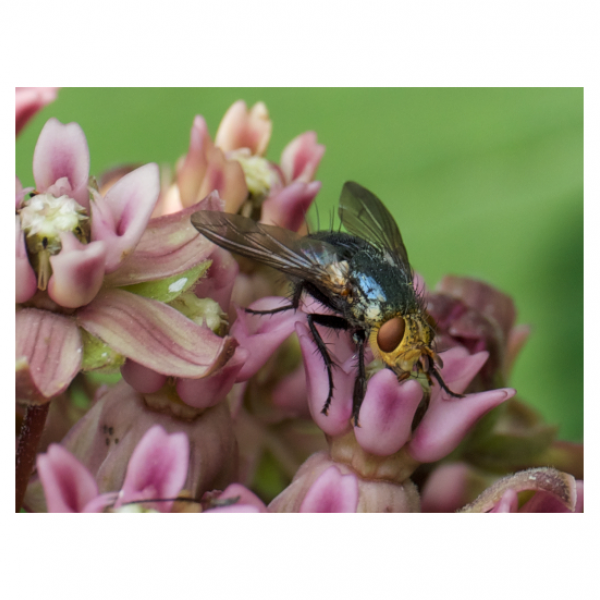
Jan 02, 2025
Pollinators most vulnerable to rising global temperatures are flies, study shows
New research led by Penn State scientists suggests flies are increasingly at risk due to rising global temperatures.
Full Article

Dec 19, 2024
Stuckeman graphic design professor’s work showcased at exhibition in Seoul
Penn State Professor of Graphic Design Phil Choo in the College of Arts and Architecture’s Stuckeman School was recently invited to present an exhibition of his research work on U.S. National Parks.
Full Article